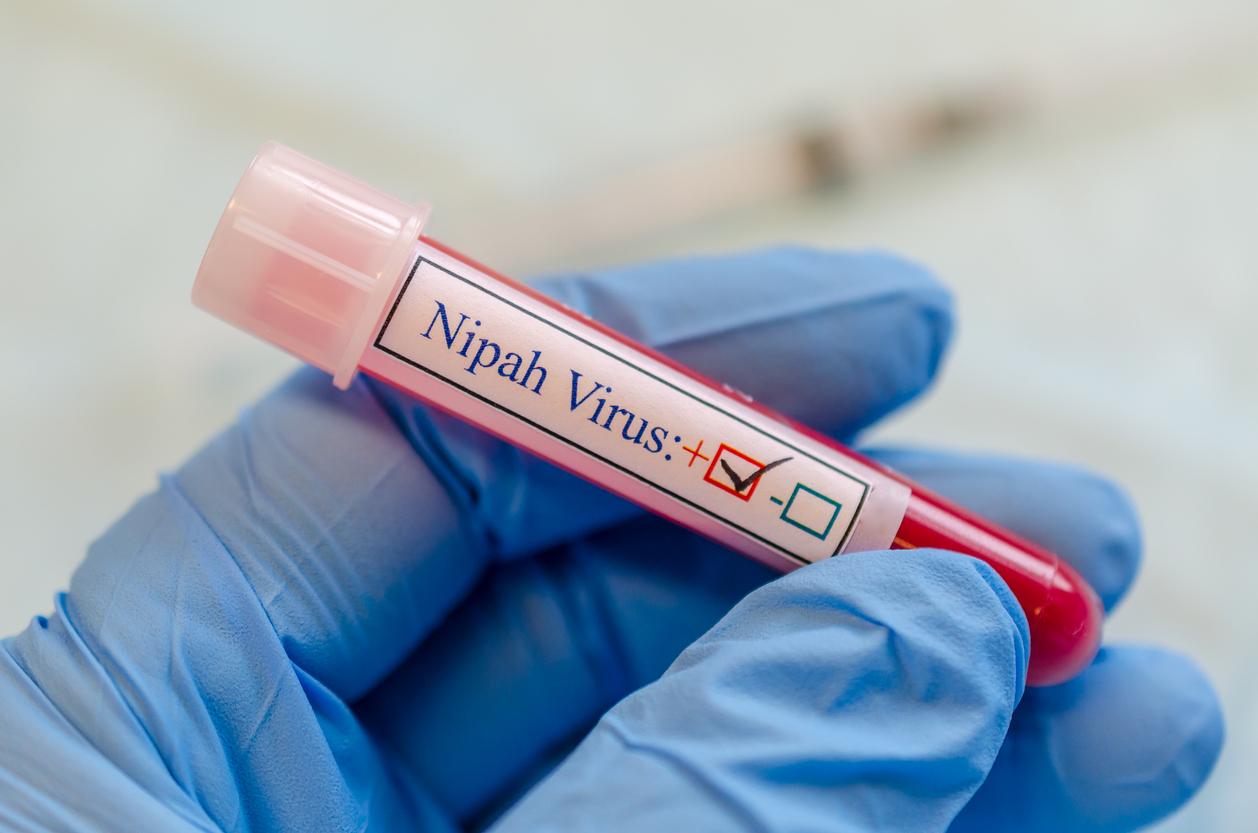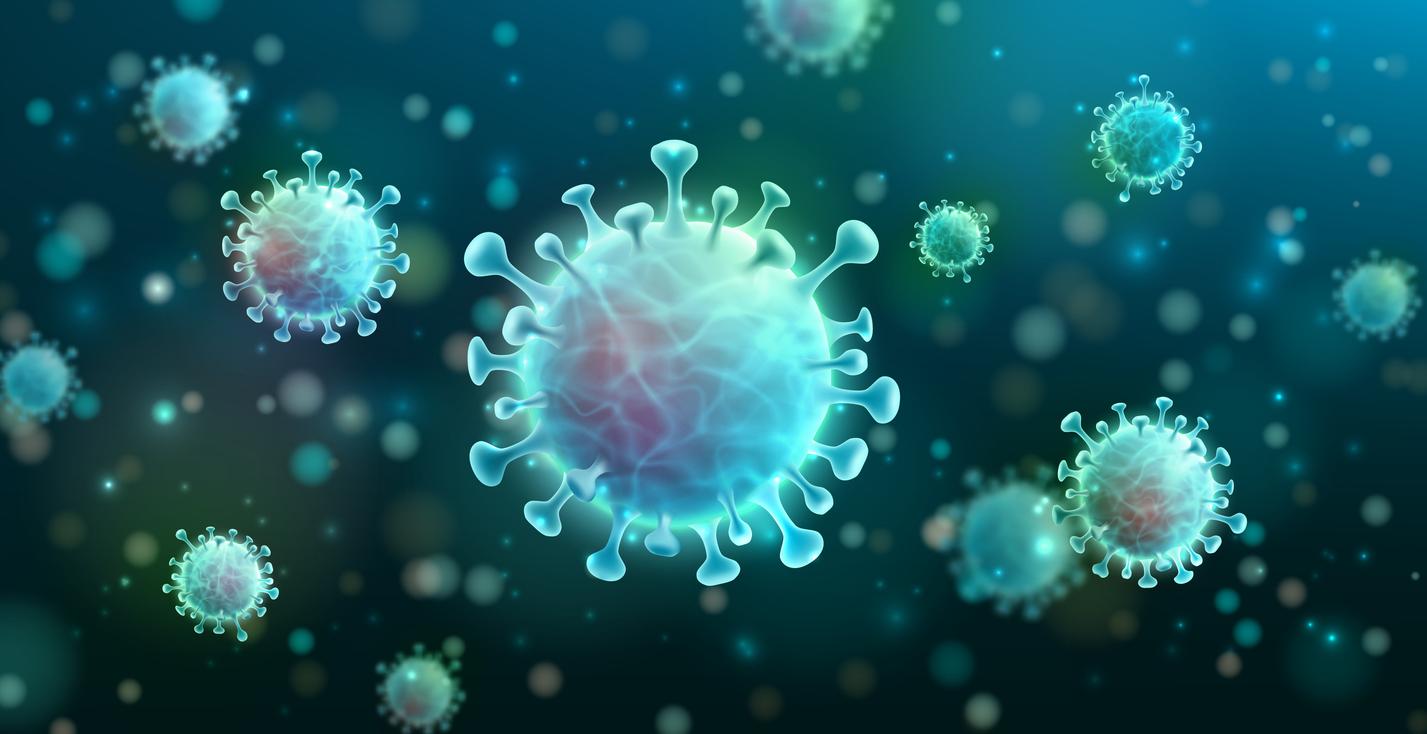Fearing an epidemic, the country’s authorities are on alert.

- The Nipah virus is zoonotic, meaning it passes from animals to humans.
- In the infected subject, it causes a disease that can range from asymptomatic infection to acute respiratory infection or even fatal encephalitis.
- A 14-year-old boy in India has died from the Nipah virus, sparking fears of an epidemic in the country.
“The infected boy died on Sunday following cardiac arrest.” In a statement to local media, Indian Health Minister Veena George said on July 21 that a 14-year-old boy has died of Nipah virus. 60 people who came into contact with the victim have also been identified as “at high risk of contamination”.
Concerned about the epidemic potential of the Nipah virus, the Indian government had already set up 25 committees to identify and isolate those affected.
Since its identification 25 years ago, Nipah virus has caused outbreaks in Bangladesh, India and Singapore. “Nipah has been linked to the deaths of dozens of people in Kerala since it first emerged in the Indian state in 2018,” complete The Figaro.
What are the symptoms of the virus? Nipah?
The Nipah virus is zoonotic, meaning it can pass from animals to humans. It can also be transmitted through contaminated food or directly between individuals.
Initially, infected individuals experience symptoms such as fever, headache, myalgia (muscle pain), vomiting, and sore throat. Dizziness, drowsiness, altered consciousness, and neurological problems may later develop.
Some individuals may also develop atypical pneumonia and severe respiratory problems, including acute respiratory failure. In severe cases, encephalitis and seizures may occur, progressing to coma within 24 to 48 hours.
Virus Nipah: What is the incubation period?
“The incubation period (the time between infection and the onset of symptoms) is thought to range from 4 to 14 days. However, longer incubation periods of up to 45 days have also been observed,” specifies the WHO.
“Nipah virus infection also causes serious disease in animals, especially pigs, causing significant economic losses to farmers,” also indicates the international health agency.
There is currently no vaccine or treatment for Nipah virus in humans or animals. Most patients who survive acute encephalitis recover completely, but long-term neurological conditions have been reported among survivors.
















